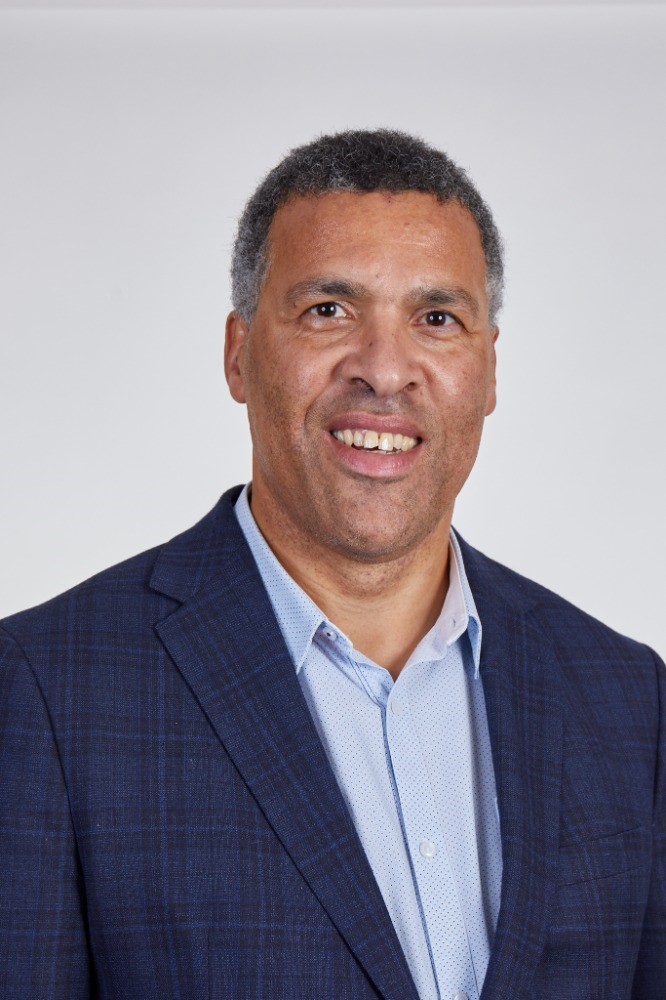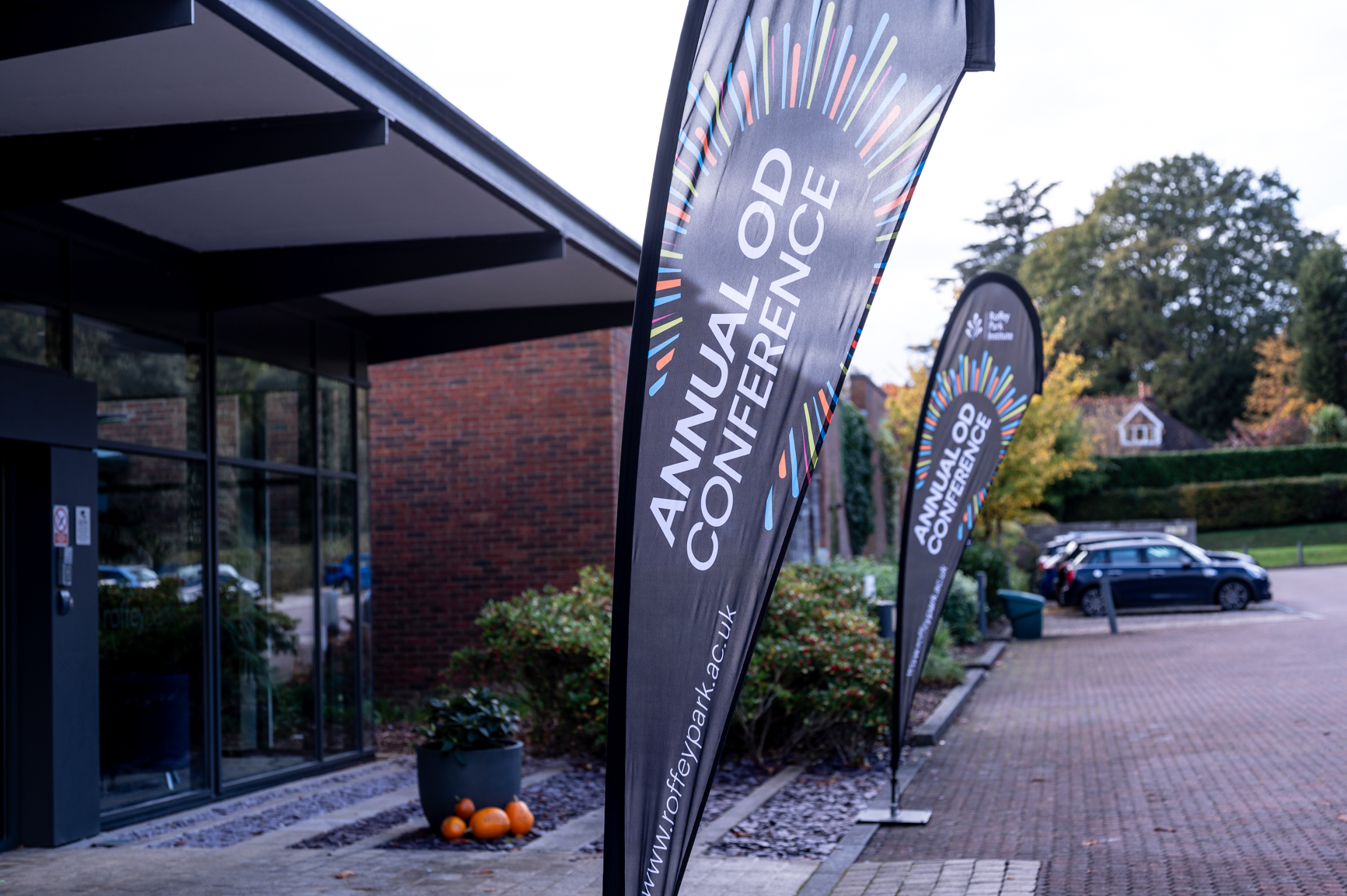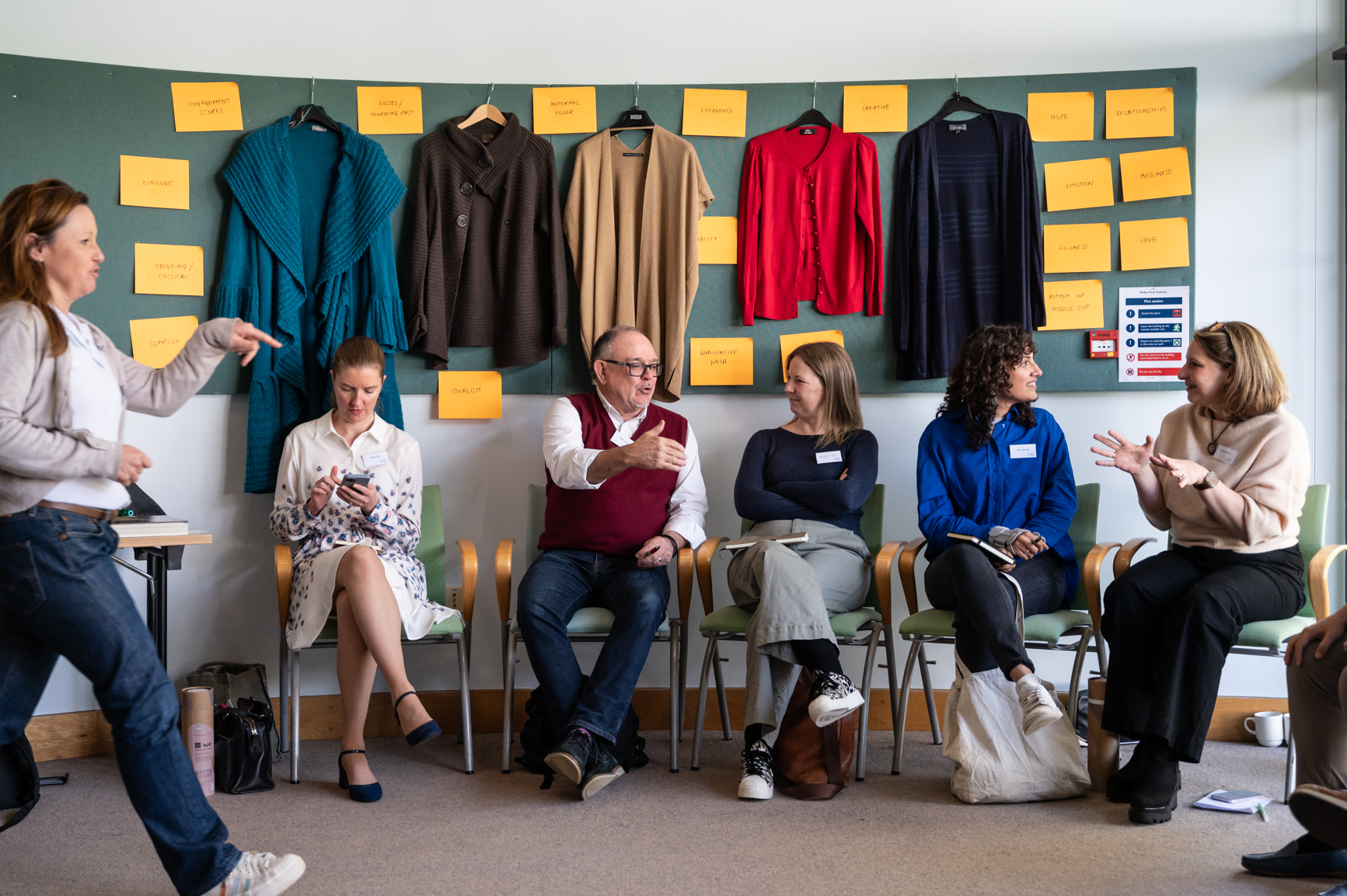As an OD practitioner, are you thinking about how you measure impact? Do you understand the importance of developing collective leadership capabilities to aid problem-solving skills? This October, OD consultant, renowned speaker and Place-Based leadership expert Dr Rob Worrall will be talking at Roffey Park’s annual OD Conference about how his Place-Based Leadership Development (P-BLD) initiatives develop individual leaders and collective leadership capability for global problem-solving.

Rob’s Journey
Like many OD consultants, Rob has an eclectic professional background but did not set out to become an OD practitioner. “I just fell into it,” he told us. The first fifteen years of Rob’s career involved working across the public sector, first in consultancy before moving into partnership work where he developed collaborative partnerships at a local, regional, national and international level.
In 2008 Rob was studying for a PhD at Anglia Ruskin University on Organisational Performance and Diversity whilst working at the National School of Government. Here the seeds of his interest in how to develop local leadership sprouted. “At the time, there were around eleven leadership academies,” Rob recalled, “one for each sector – one for the police, one for the fire services, one for social care and so on.” He was responsible for managing the relationships between the different organisations and exploring ways in which they could collaborate to deliver more effective programmes.
Noticing that these separate sectors were not addressing local problems, Rob began to look for more effective locally-based initiatives. As a result, in 2009, he organised a conference to showcase such initiatives and start a conversation amongst the academies about how they could better support collaboration between local leaders using case studies from across the academies. This helped the different sectors understand that they had a lot in common and that no one agency had all the knowledge, capability or answers to the challenges localities faced.
Getting to understand these place-based initiatives inspired Rob to switch the focus of his PhD to P-BLD. Rob believed understanding what worked in local collective leadership development could really make a difference. He carried out an in-depth exploration of case studies focusing primarily on the participant perspective to understand what factors affected local leader and leadership development.
In 2015, following a chance meeting in Nairobi, Kenya, Rob was invited to design and facilitate a pilot workshop based on this cutting-edge and evidence-based PhD research. Whilst there, he helped develop the collaborative capability of local leaders working on complex challenges such as intersectoral urban violence prevention. A second pilot followed, which led to a three-year P-BLD programme in Nakuru and Naivasha, Kenya. This led Rob to carry out similar work in Uganda and Guatemala. He has also designed Co-Facilitator Development Programmes to train local leaders to design and deliver their own P-BLD programmes. More recently, Rob delivered this programme in Darndale and Drogheda in Ireland and Fez, Morocco.
Rob and OD
Rob doesn’t view organisations as physical entities. To him, they are living organisms built through the relationships people have with and the knowledge of each other. Rob adopts a people-first, strengths-based approach when engaging with clients. “People who are in the room know their context, know what’s best. I can’t tell them how to lead. I can only help them develop skills to work more effectively together.”
Rob believes that “we must work with the context how it is seen by local people, not how we would like it to be,” even if different areas – whether that be globally or locally – are facing similar problems. He states that we must “start where people are at and not where we would like them to be”. He works to foster understanding between leaders across a local area so that they can better understand what challenges they each face as well as the differences and the commonalities between them. Often, “the barriers to collaboration are a lack of understanding and closed mindsets”, Rob succinctly summarised.
In his speaker conversation, Rob plans to explore how a greater understanding between individuals can lead to enhanced relationships and facilitate more open mindsets that enable people to be more receptive to innovation. Rob will demonstrate the importance of embedding impact evaluation from the outset at an individual, inter-agency and place-based level.
Equipped with years of international experience, Rob is well-versed in understanding how global challenges manifest themselves across different localities in distinctive ways, making him well-placed to stimulate discussions at our ‘Think Global, Act Local’ themed Conference this year. Join Rob this October so that you can better understand how to break down the barriers to collaboration and how doing so on a local level can have a global impact.





